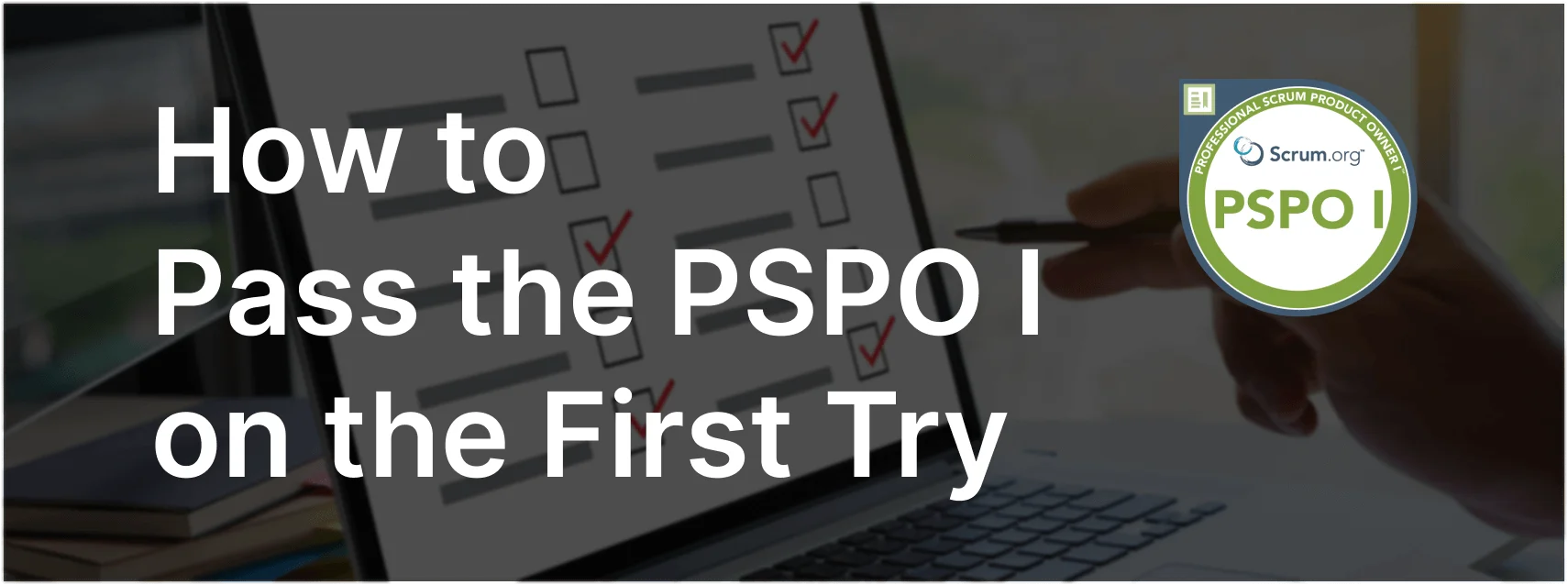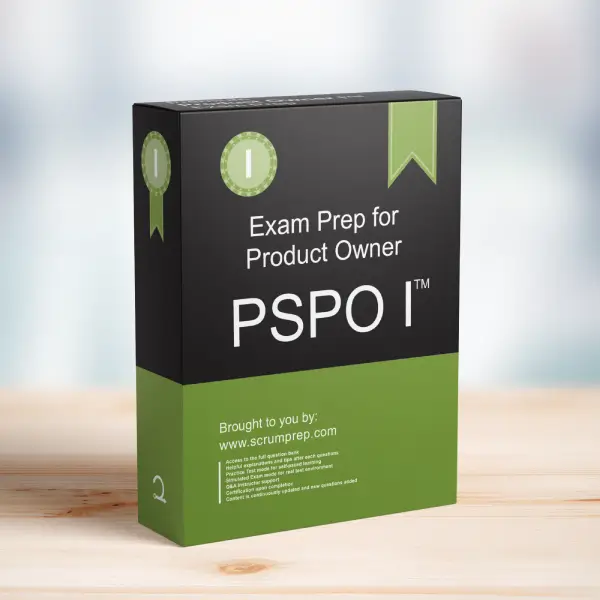Understanding the Role of a Product Owner vs. a Traditional Project Manager
Understanding the distinction between a Product Owner and a traditional Project Manager is crucial for effective Scrum practice. This article explores the differences and clarifies common misconceptions about these roles.
Exam Question
True or False: A Product Owner is essentially the same thing as a traditional Project Manager.
A. True
B. False
Correct Answer
B. False
Explanation
Correct Answer
B. False:
A Product Owner and a traditional Project Manager have distinct roles and responsibilities. The Product Owner is accountable for maximizing the value of the product resulting from the work of the Scrum Team. They manage the Product Backlog, order work based on value, and communicate with stakeholders. They are responsible for defining the product vision, prioritizing work, and making decisions about the product. In contrast, a traditional Project Manager typically focuses on planning, executing, and closing projects. They manage scope, time, cost, quality, human resources, communication, risk, and procurement to meet project objectives.
Incorrect Answer
A. True:
This answer is incorrect because it conflates the distinct roles of a Product Owner and a traditional Project Manager. While both roles involve leadership and coordination, their focus, responsibilities, and methods differ significantly.
Responsibilities in Scrum
- Product Owner: The Product Owner is accountable for maximizing the value of the product resulting from the work of the Scrum Team. They manage the Product Backlog, order work based on value, and communicate with stakeholders.
- Scrum Master: The Scrum Master facilitates Scrum events, removes impediments, and ensures the team adheres to Scrum principles. They support the Product Owner and Developers in maintaining productivity and focus.
- Developers: The Developers are responsible for turning Product Backlog items into Increments of value each Sprint. They work collaboratively, with shared accountability for the Sprint Goal and the value delivered.
Relevance to the PSPO I Exam
Understanding the distinct roles of a Product Owner and a traditional Project Manager is essential for the PSPO I exam. This knowledge ensures that candidates appreciate the unique responsibilities of a Product Owner in maximizing product value within the Scrum framework.
Key Takeaways
- The Product Owner and traditional Project Manager have different roles and responsibilities.
- The Product Owner focuses on maximizing product value through effective Product Backlog management.
- The traditional Project Manager focuses on project execution and meeting project objectives.
Conclusion
The roles of a Product Owner and a traditional Project Manager are distinct, each with its own focus and responsibilities. By understanding these differences, you can better appreciate the unique value each role brings to a project. For more information on preparing for the PSPO I exam, visit our PSPO I Exam Prep.


